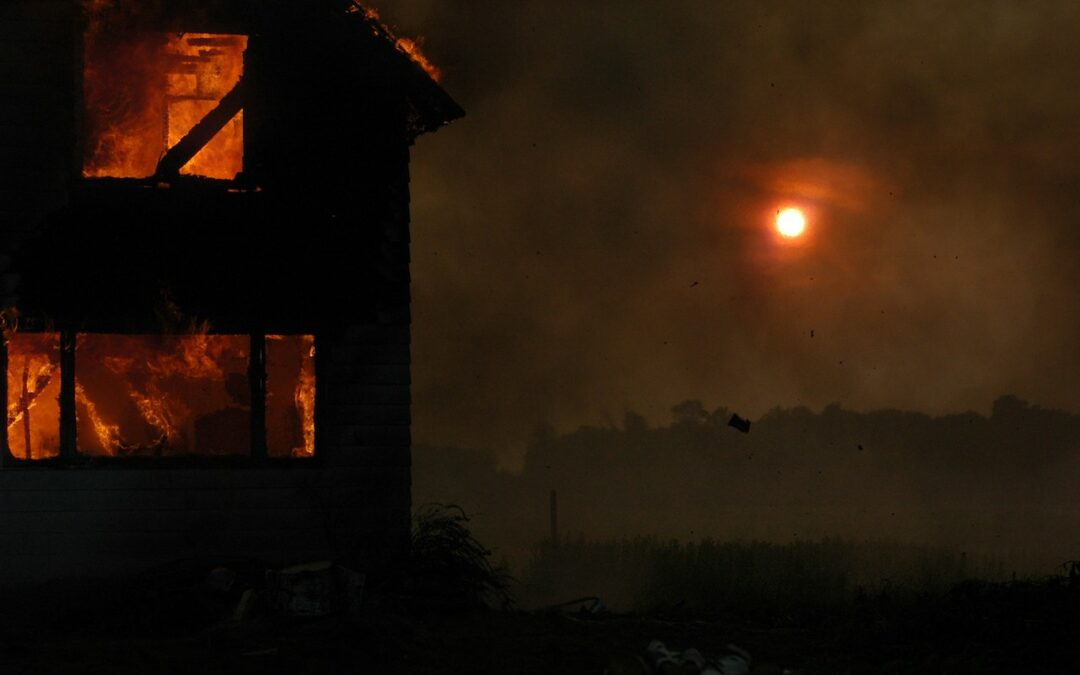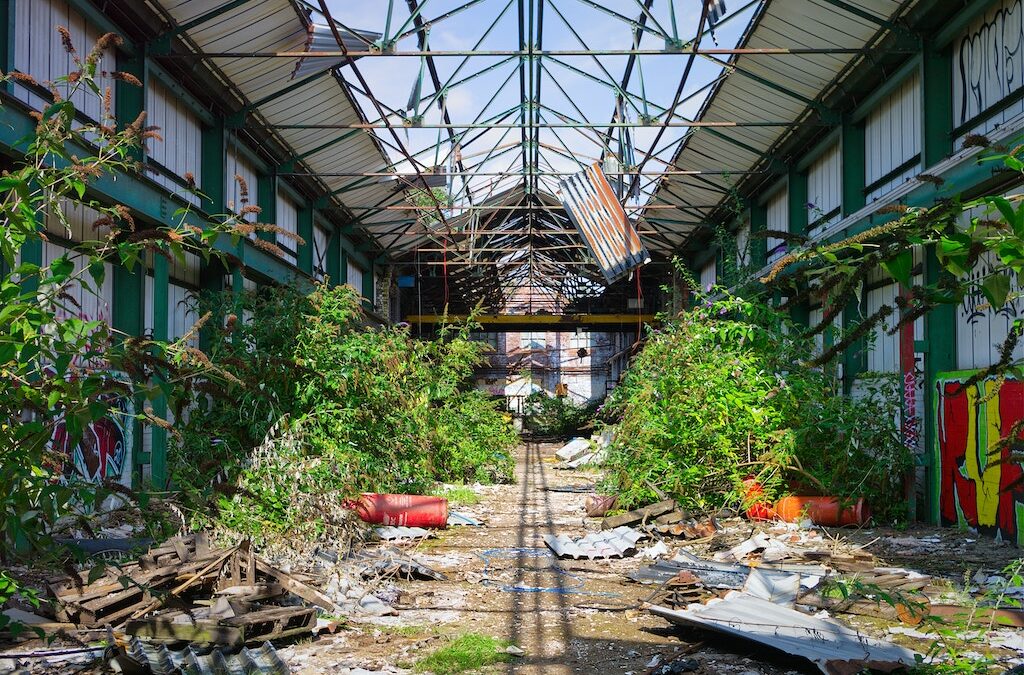
by Jessica Williams | Jun 19, 2024 | Environmental Philosophies, Environmental Physiotherapy
As physiotherapists, we recognize that one of our primary concerns lies in the support of well-being, a concept that is typically viewed through an anthropocentric lens. As underscored by Ton Gevers in his EPA blog post on Actor-network theory, anthropocentrism places...

by Ton Gevers | May 8, 2024 | Environmental Philosophies, Environmental Physiotherapy
Is changing our perspective of patients the place to start? At the first-ever Environmental Physiotherapy Festival 2023, I led a session on redefining the concept of the patient in physiotherapy, summarising key points from my October blog on Moving Earth (Gevers,...

by Takuzo Kimura | Mar 13, 2024 | Environmental Philosophies, Environmental Physiotherapy
At the first-ever Environmental Physiotherapy Festival 2023 I held a presentation beginning with a brief introduction on complex adaptive systems- a unifying area of study that encompasses information, evolution, neuroscience, and systems theories to shed light on an...

by David Nicholls | Nov 29, 2023 | Environmental Philosophies, Environmental Physiotherapy
Given that the word therapy makes up half of our profession’s name, you might think physiotherapists would have developed a thorough understanding of the concept. But this is not the case. In fact, within the physiotherapy literature, there has been almost no...

by Oka Sanerivi | Oct 26, 2023 | Environmental Justice, Environmental Philosophies, Environmental Physiotherapy, Indigenous perspectives
In Aotearoa New Zealand (hereafter Aotearoa), upon the meeting of strangers with Māori (the Indigenous people of Aotearoa), oftentimes you’ll hear the question “Ko wai koe?”, meaning “Who are you?”. The word ‘wai’ also translates to mean ‘water’. Thus for Māori, the...

by Ton Gevers | Oct 12, 2023 | Environmental Philosophies, Environmental Physiotherapy
Have you ever wondered who or what the patient truly is? In medicine, the patient is defined as “a person who is ill or undergoing treatment for a disease.” (Dictionary, 2023) Yet, in my opinion, this definition paints a narrow, one-dimensional portrait of the patient...







